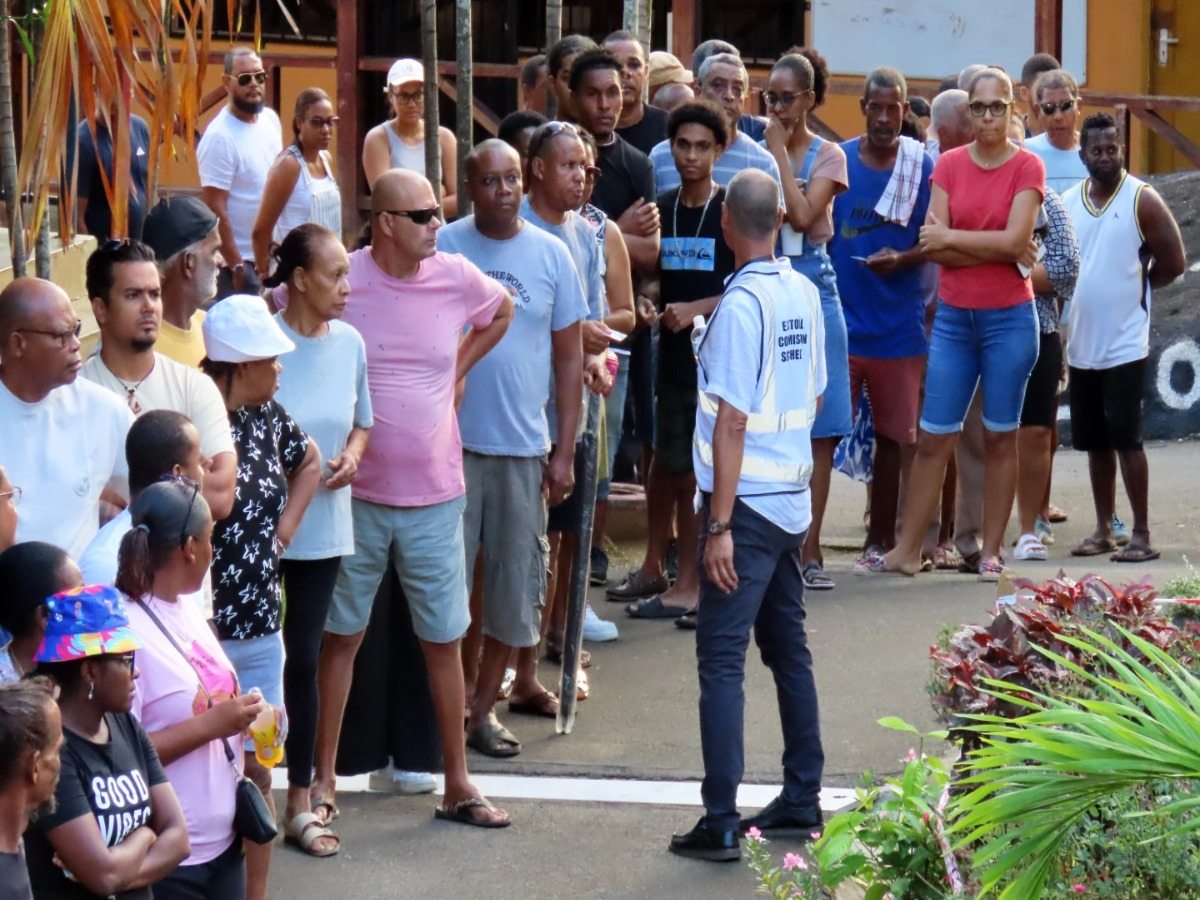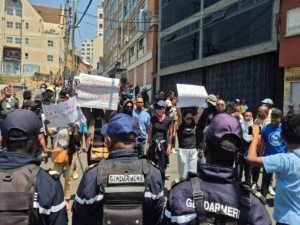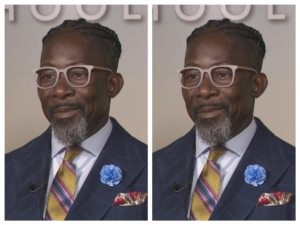Seychelles will head to a runoff presidential election after no candidate secured the required majority, the electoral commission announced Sunday.
Official results showed opposition leader Patrick Herminie with 48.8% of the vote, while incumbent President Wavel Ramkalawan trailed slightly with 46.4%. Since neither surpassed the 50% threshold, voters will return to the polls from October 9 to 11.
Ramkalawan, who is seeking a second term, reportedly urged his challenger to take part in a debate before the next round. “State House does not belong to me,” he said, referring to the presidential residence. “State House does not belong to you. State House will always belong to the people of Seychelles.”
READ ALSO: Seychelles begins early voting amid concerns over drug crisis and environmental threats
Herminie, representing the United Seychelles party, said he was confident of victory in the runoff because citizens “are very unhappy with the way the country is being run.” His party ruled the island nation from 1977 until losing power in 2020.
Ramkalawan’s Linyon Demokratik Seselwa party has centered its campaign on promises of economic recovery, social development, and environmental protection. For many voters, however, frustration has been building against the governing party.
Seychelles, an archipelago of 115 islands in the Indian Ocean, is well known for luxury tourism and environmental travel. The World Bank ranks it among Africa’s wealthiest countries by GDP per capita. Yet controversies and crises have sharpened public discontent.
Just days before the election, activists challenged the government in court over a long-term lease agreement with a Qatari company to build a luxury resort on Assomption Island. Critics argue the plan, which includes rebuilding an airstrip for international access, benefits foreign investors at the expense of local interests and national sovereignty.
READ ALSO: Wavel Ramkalawan, the Anglican priest who is now president of Seychelles
The nation also faces mounting environmental threats, with its vast territory of 390,000 square kilometers (150,000 square miles) highly vulnerable to rising sea levels and climate change impacts, according to the World Bank and U.N. Sustainable Development Group.
At the same time, a worsening drug crisis looms large. A 2017 U.N. report identified Seychelles as a major transit hub for narcotics, and the 2023 Global Organized Crime Index ranked the country among the highest in the world for heroin addiction. Roughly 6,000 people, nearly 10% of the 120,000 population, are estimated to use heroin, with most residents concentrated on Mahé, the island that hosts the capital, Victoria.










